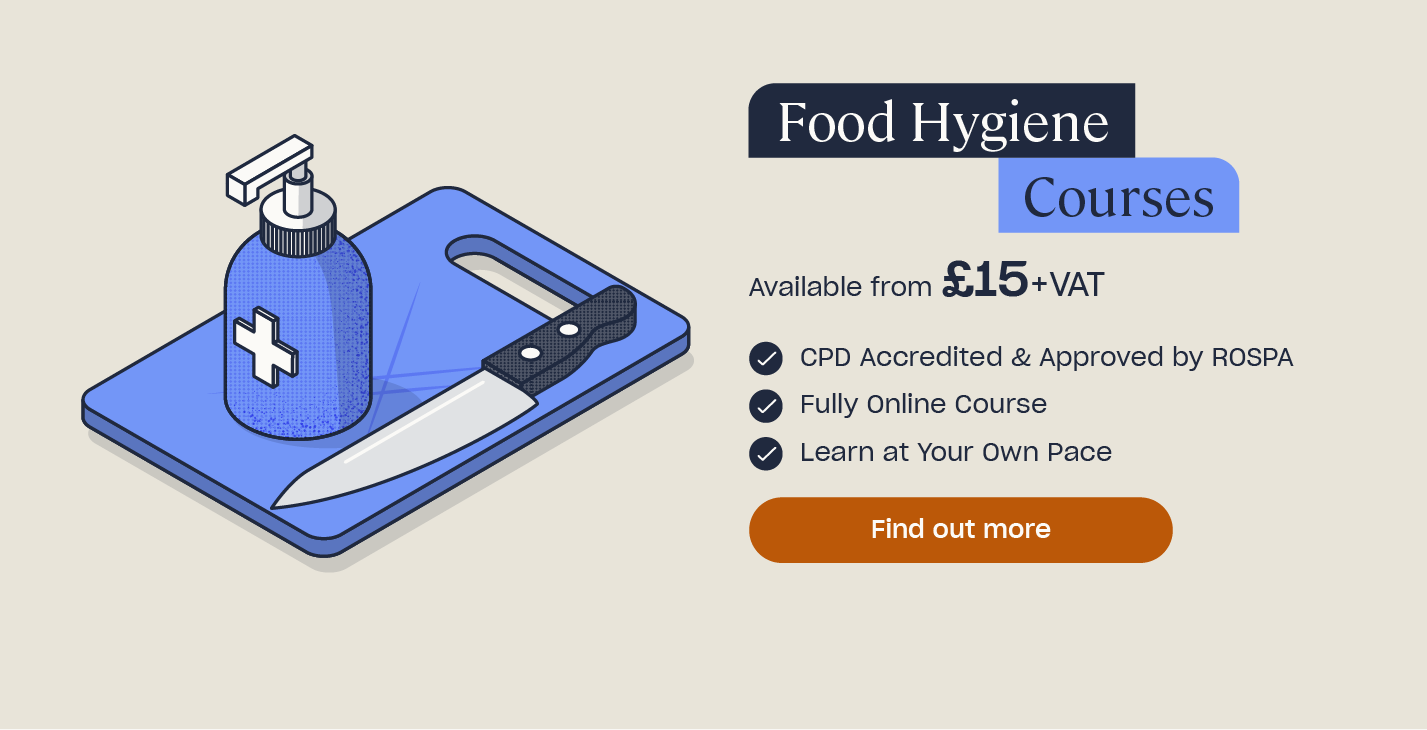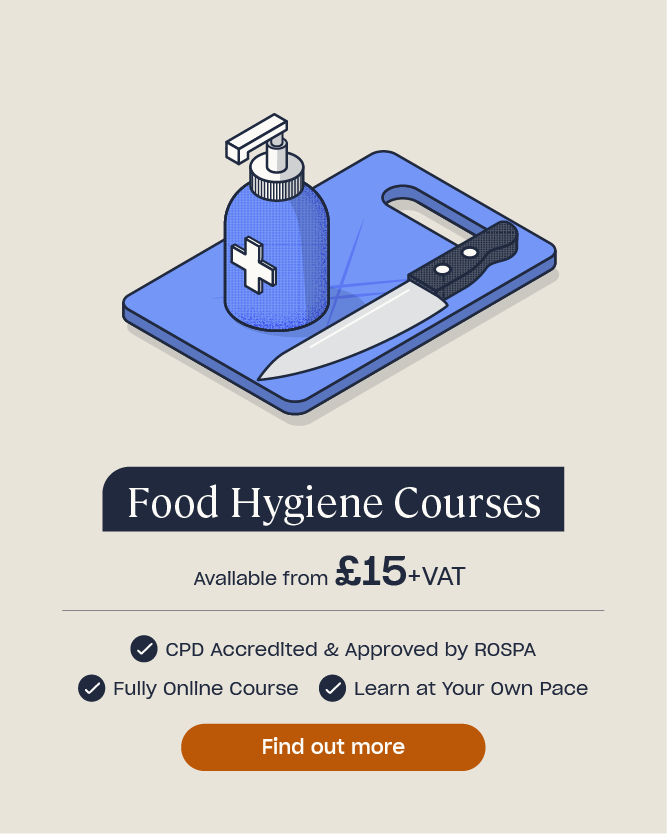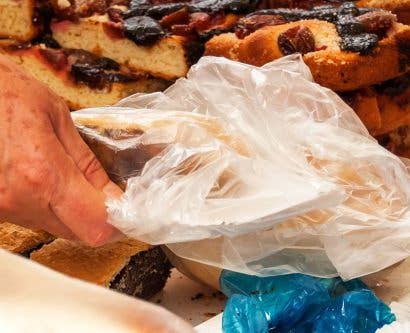Our Guide to Understanding BRCGS
Many of our customers work towards BRC standards and they often ask us about industry guidance. But what actually is the BRC, what do they do, and should your business be getting involved? Our guide below will help you better understand the BRC, the global standards they produce, and how they work to make the retail industry safer.
What is the BRC?
The BRC is a trade association which focuses on helping all sectors of the retail industry navigate topics such as the impact of the minimum wage pay rise. They also make a positive difference by promoting the interests of retailers, and they strongly influence current and future issues. In 1996 at the BRC, the BRC Global Standards was first created. It was designed to supply food retailers with a common approach to supplier auditing. In 1998, the first BRC Global Standard was released. Since then, the BRC has worked to support and offer guidance to the food manufacturing sector. It has released a series of Global Standards, known as BRCGS, to assist producers.
Who can apply for BRC membership?
Anyone can apply for BRC membership. There are three types of membership offered – for Retailers, Associates and Retail Insight Subscribers. Membership gives you access to support and comes with tailored benefits. To find out more about the memberships offered, you can view their website.

What is the BRCGS?
In February 2019, BRCGS unveiled a new identity as Brand Reputation through Compliance of Global Standards, as well as a new logo. This reflects how the BRCGS has evolved over the years and how it seeks to help manufacturers, brand owners and retailers maintain faith in their products. Assisted by the BRC, the industry moves to focus on traceability through our increasingly complex supply chains, as well as encouraging awareness and transparency in technological advancements. This focus assists all those who work in the supply chain in the ongoing fight against food fraud.
The BRCGS was the first standard to be benchmarked by the Global Food Safety Initiative (GFSI) in its work to create standards in food safety around the world.
What do the BRCGS do?
The BRCGS create and implement standards in a variety of sectors:
- Global Standard for Food Safety
- Global Standard for Packaging Materials
- Global Standard for Ethical Trade & Responsible Sourcing
- Global Standard for Storage and Distribution
- Global Standard for Consumer Products
- Global Standard for Agents and Brokers
- Global Standard for Retail
- Global Standard for the Gluten-Free Certification Program
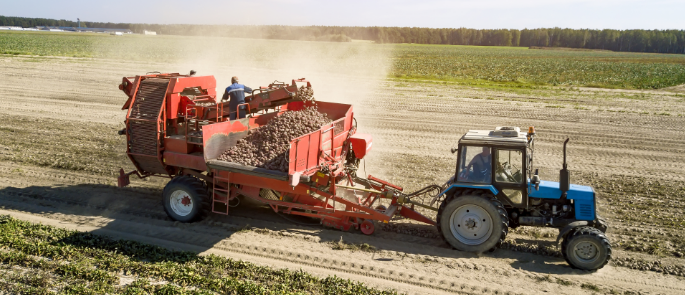
There are consultancy services available in the industry that will help you get all aspects of your business up to the standard needed to gain BRCGS certification. Indeed, the BRCGS offer training courses designed to help you understand what the standard requires, which could be a good starting point if you want to gain this certification.
At High Speed Training, the standard we are most commonly asked about is the Global Standard for Food Safety and what our customers can do to help their business meet its requirements. We provide a variety of training courses that can help with this such as HACCP, Good Manufacturing Practice and Food Allergens in Manufacturing. They will give your employees the knowledge needed to operate at the highest standard in your workplace.
The BRCGS offer additional products and services through their bookshop, and through running events and conferences. They also run the BRCGS Academy which ensures auditors, certification bodies, sites and manufacturers can implement the standards correctly and uniformly around the world. BRCGS Participate is an online platform of resources and information and is available to all sites as part of the service fee, similarly, BRCGS Professional is available to those who work at BRCGS certificated sites and offers training to those interested in professional development.

Do I need BRCGS certification?
Having BRCGS certification will give you increased confidence in your product and will help open up new market opportunities. You will get access to support, marketing tools, worldwide networks and be a member of a globally recognised scheme.
However, many food manufacturers don’t need to have this level of certification. Usually, certification is led by the customers you have, and whether they request for you to have this standard. Many small or medium enterprises (SMEs) will start with a SALSA (Safe and Local Supplier Approval) food safety certification scheme, as it is more manageable yet still demonstrates a commitment to maintaining standards.
At the end of 2019, SALSA and the BRCGS announced a partnership, aimed at micro, small and medium businesses who look to access international markets, or who aim to grow and develop their product safety and quality. Those businesses which have grown under SALSA can now transition to the new scheme, the BRCGS Start! Programme.
The new scheme offers a clear and logical progression, supporting SME businesses in how to meet the requirements of a fully recognised GFSI benchmarked standard, in a way that acknowledges the achievements they’ve made, and continues to support their future ambitions. If your business is moving towards full GFSI certification but you don’t feel you have the resources to commit to the full program, Start! might be for you.

How do I get BRCGS certification?
You don’t need to be a member of the BRC to apply for BRCGS certification. However, you do need to know, understand and implement the standards, and pass the audit in order to gain certification. There are many different service providers and consultants who can help you achieve this and costs will vary depending on your needs.
Briefly, you will need to read the standard relevant to your business, and you may need to attend a BRCGS Product Safety Management training course. You will need to run a gap analysis on your business and create your team to deliver the standards required. Once you are happy your site can meet and maintain the BRCGS requirements (you can test this by carrying out internal audits), you are ready to choose a suitable certification body who will then come and audit the site.
Following the audit, you may need to carry out corrective actions, with relevant root cause analyses, and plan preventive actions. The certification body will provide the audit report and confirm whether the certification has been achieved. When you achieve certification, it will be uploaded onto the BRCGS Directory and you will gain access to content in BRCGS Participate and BRCGS Professional. The certification requires annual renewal, so you must be willing to commit to continual development of your food safety system, and arrange a new audit before the certification expires.
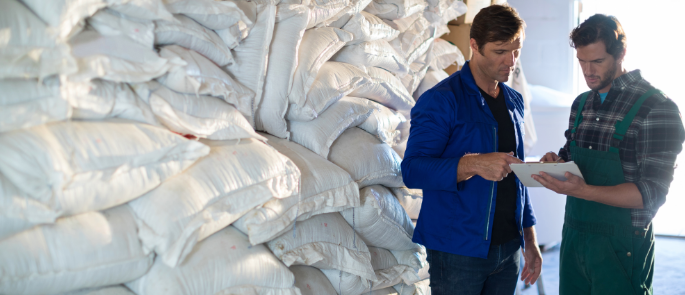
What Are The Global Standard Requirements?
Each BRC Global Standard has its own requirements to meet. Use the dropdowns below to learn more about each one.
The Global Standard for Food Safety
The Global Standard for Food Safety focuses on:
- Senior management commitment and the development of a culture of product safety.
- Significant food safety hazards for products and processes, to ensure the safety of products based on hazard analysis and critical control points (HACCP) and a food safety plan.
- Quality management systems for the documentation of organisational and management policies and procedures.
- Environmental and operational conditions necessary for the production of safe food.
- Development of food fraud prevention systems to protect the site from purchasing fraudulent materials.
- Encouraging sites to develop robust systems for product security and food defence.
- Requirements for high-risk, high-care and ambient high-care production risk zones.
The Global Standard for Packaging Materials
The Global Standard for Packaging Materials focuses on:
- Senior management commitments to provide adequate human and financial resources and an environment that facilitates continual development.
- Hazard analysis and risk assessment based product safety programme.
- Robust quality management systems to ensure that sites work in a systematic way.
- Implementation of good manufacturing practices within the production areas while recognising the diversity and breadth of the packaging industry, and the skills required to audit it.
- Establishment of a microbiological environmental monitoring programme based on risk. The importance of product safety and quality culture in the drive to improve transparency and coherence across the supply chain.
The Global Standards for Consumer Products
Both Global Standards for Consumer Products focus on:
- The importance of senior management commitment and the development of competent personnel.
- Product risk assessments to ensure that product design, packaging and labelling are safe and legal before production even begins.
- Process risk assessments to ensure any potential issues during production are understood, prioritised and managed effectively.
- The suitability of the design and maintenance of the factory and production environment in protecting products from the risk of contamination.
- An effective risk-based product testing and sampling process.
The Global Standard for Agents and Brokers
The Global Standard for Agents and Brokers is aimed at:
- Brokers: companies that purchase, or take title to, products for resale to manufacturers, other brokers, retailers or food service companies, but not directly to the consumer.
- Agents or non-manufacturing service providers: companies that trade between a manufacturer or broker and their customers, but do not own, or take title to, the goods.
- Importers/exporters: companies that facilitate the movement of products across national boundaries, satisfying legal and customs requirements. Importers and exporters are often also agents and/or brokers.
The Global Standard for Storage and Distribution
The Global Standard for Storage and Distribution focuses on:
- Comprehensive scope covering areas of quality, hygiene and product safety; providing a benchmark for best practice in storage and distribution industries.
- Reduction of damage, waste and therefore costs to the business.
- ‘Due diligence’ requirements of both the certificated company and the customers using their service.
- Providing a report and certification that customers can trust – so that there is no need for their own audits.
- Ongoing surveillance and follow-up corrective actions to ensure the establishment of self-improving quality, hygiene and product safety systems.
The Global Standard for Retail
The Global Standard for Retail is aimed at:
- Organisations that retail both food and other consumer products.
- Sourcing and supplier approval programmes.
- In-store preparation and processing functions.
Can I Show My High Speed Training Certificate in a BRC Audit?
In short, yes you can. One of the main objectives from the Global Standard for Food Safety Issue 8 is for businesses to show senior management commitment and the development of a culture of product safety. One way to do this is to implement a cultural developement plan using staff training and staff development. Studies show that when staff understand the impact they have on the company’s ability to meet the objective for safe and quality products, they feel more engaged in the workplace.
Furthermore, sections of the Global Standard for Food Safety Issue 8 require evidence of staff training. For example, for the HACCP food safety team the BRC auditor will request to see documented evidence of the training staff receive to give them the required knowledge. Our HACCP training courses will provide this, and it would be beneficial to download and keep a record of the training content.
You can also use our free downloadable resources to put up in your workplace – posters, information sheets and templates are an incredibly useful tool to help staff engage with food safety procedures. Visual reminders give timely reminders to all staff and can further demonstrate the company commitment to maintaining standards. Take a look at our posters below:
Whether you are working towards BRCGS or not, we hope you found the above information useful. Should you wish to discuss your business needs further, or would like to know more about how our training can help you, please contact our friendly, helpful sales and support teams on 0333 006 7000 or email sales@highspeedtraining.co.uk.
What To Read Next:
- Due Diligence in Food Safety
- Industry Insights: Food Hygiene in Waterstones
- Vegan Food Production: Guidance on Manufacturing Practices
- What Does the BRCGS Grading System Mean?
- Cyber Security in Food & Drink Manufacturing: BRCGS Standards
- Promoting a Food Safety Culture: Free Assessment Guide
- Whistleblowing on Food Crime – Do You Know Your Rights?
- Online Food Hygiene Training


